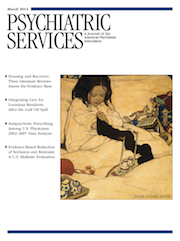Defending Jacob
I brought Defending Jacob, by William Landay, along on a flight because someone had told me it was a good read, although not great literature. As promised, it is a hard book to put down, reading much like a murder mystery. A middle school boy has been stabbed to death, and Andy Barber, District Attorney, is hot on the case, eager to find the murderer of a classmate of his own son, Jacob. The plot thickens as growing evidence points to Jacob and Andy is removed from the case. With the inevitability of their son going to trial, Andy is forced to reveal his own demons, which he had successfully hidden from his wife, Laurie, until this point.
Searching for mitigating factors, the family obtains a psychiatric evaluation for Jacob, which only serves to cast further doubt on Jacob’s innocence. While Andy steadfastly refuses to consider the possibility of Jacob’s guilt, Laurie, shocked by her husband’s stoicism, is torn apart by her doubts. The couple’s marriage is thus tested by a growing but unspoken recognition that they do not agree about how to help their son. Told entirely from Andy’s point of view, the novel moves easily from court transcript, as Andy reluctantly testifies before a grand jury, to first-person narrative, as Andy fills in the blanks in his own testimony.
Eagerly, one turns page after page, more and more intrigued: Is Jacob indeed the murderer? Is his father protecting him? But unlike a traditional murder mystery, where the detective gets the murderer and everything falls neatly into place, this novel takes one unexpected turn after another, until the reader realizes this book is not a murder mystery at all, but a finely crafted novel that raises profound questions about what it means to be family. How well do we know the ones we love? Can a loving parent doubt his or her own child? How closely are we willing to look at our children’s faults? And, ultimately, what does it mean to love a child “no matter what”? Landay doesn’t answer any of these questions, but he raises them in such a manner that the reader wrestles with them long after the last page is turned. So, although perhaps not great literature, Defending Jacob is far too thought provoking to be just a “good read.” I recommend it to anyone interested in the ultimate implications of unconditional love.



